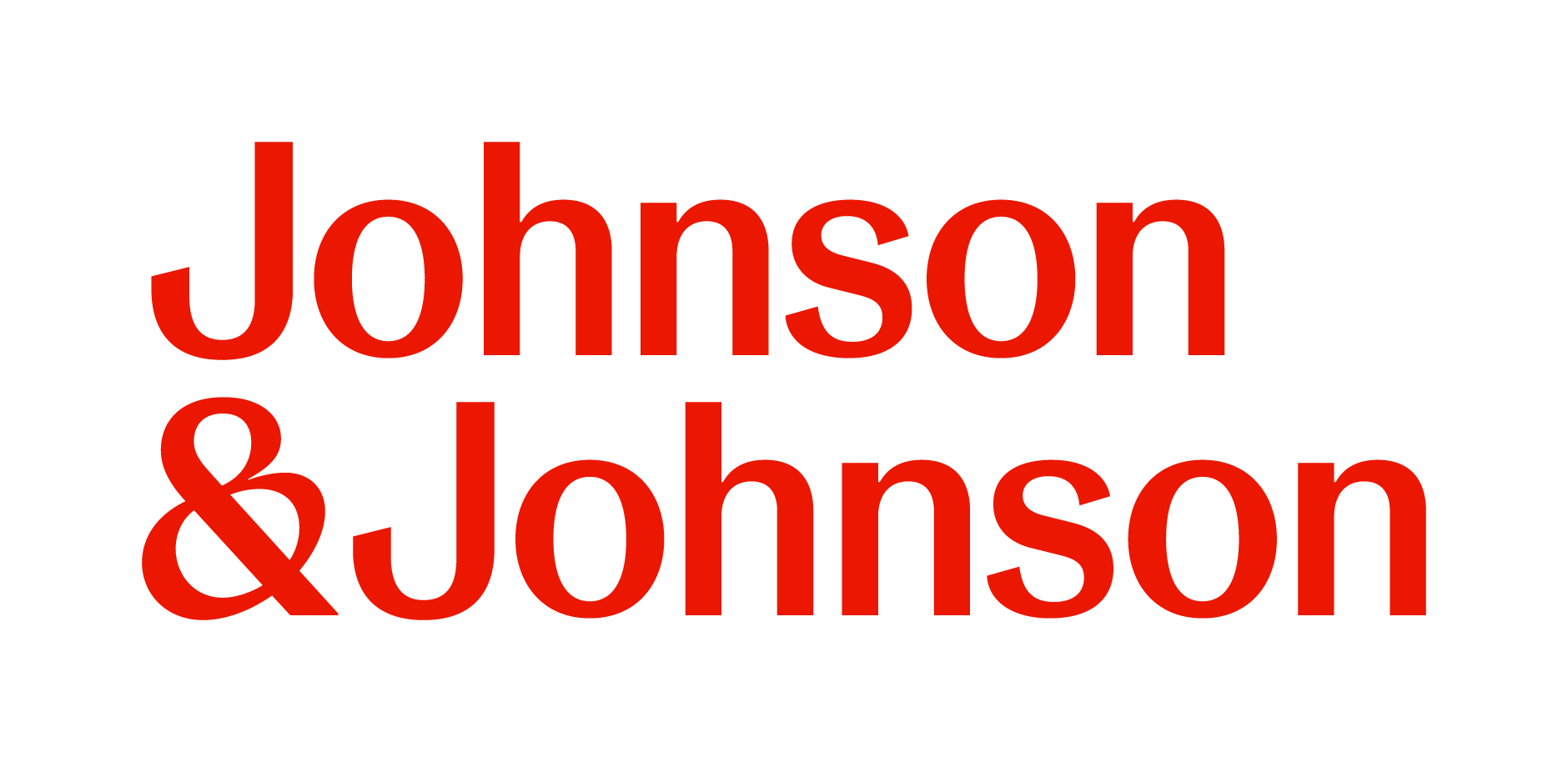Entry-level jobs in entertainment, or really in any industry, help you understand the nitty-gritty bits of daily life in that job. How you fare in the entry-level stage will often be a good indicator of whether or not you move forward in that same industry.
Countless folks of all ages migrate to LA each year with hopes of landing a job in “the industry.” But many are poorly equipped (skill/knowledge-wise) to compete with candidates who are already here in the area. Over the next couple of weeks, I want to share with you, from a both a Production and Recruiting perspective: a day in the life of an entry level job in film/TV, etc, things you can do to gain an advantage BEFORE you move (or before you graduate), skills you should learn and add to your resume as soon as possible, and the benefits and negative bits of attending an arts school/graduate program.
This time around, let’s look at what a standard day at the office looks like when you’re the new kid on the block…
A large part of what determines your schedule and your list of responsibilities is the specific area of entertainment you get that PA job in (TV, Film, Animation, Reality TV, Assistant to a celeb in the industry) and where you operate out of (if you’re on-set on location, in a trailer on location, or at a fixed office or soundstage).
Generally speaking, all entry level jobs are some variation of an Assistant position. Some are more administrative in nature, while others are basically poorly paid chauffeurs. Because every job is slightly different, it is impossible to tell you exactly what you can expect from your first job in Los Angeles. I can, however share my own personal experience. So just to give you an idea, here’s what my first job as a Production Office Assistant at DreamWorks Animation looked like. (Notice that instead of writing the same thing multiple times throughout the day, some time frames overlap to indicate ongoing duties…).
8:30am
Arrive and run to the commissary to get free breakfast! Pick up extra tid-bits in case Producer types want snacks later and/or breakfast is empty when they arrive. Then call IT and make sure all requested conference lines, projectors, online access requests for the day are in order.
8:45am
Print Schedules for the Directors, Producer types et al and tape them to their doors.
8:50am
Prepare main conference area for 9am meeting with Production Coordinator.
9am-6:30pm
Field all calls to the Directors (2) and VFX Supervisor, take messages and email to respective boss, provide additional coverage for main office phone lines, coordinate with Producer’s Assistant for office phone coverage during lunch and breaks, schedule upcoming full production staff meetings with Production Coordinator, run post-it notes into meetings with urgent questions, make sure all visiting artist have confirmed drive-on passes with security, order/pick up coffee or delegate coffee run to another PA, provide backup support to Executive Producer’s Assistant, help coordinate domestic and international travel and expense reports as needed, help Story and Editorial pin storyboards for meetings as needed, help prepare meeting spaces throughout the day, maintain VFX Supervisor’s daily calendar and report to her on possible conflicts throughout the day.
10am
Confirm lunch orders if we are ordering in. Make sure lunches are ordered by 10:30am for 12:30pm delivery and 1pm set up.
12:30pm
Pick up lunch delivery from the front gate and set it up in the office or in the conference area if Directors and Producer types are having a “working lunch.”
5:30-6:30pm
Take “finalized” schedule to Producers to sign off after it is completed by the Production Coordinator. Run additional drafts and notes back and forth.
6:30pm
Take Directors finalized schedules for tomorrow, in Editorial or their offices. Make sure to email them a soft copy as well.
6:30/7pm
Leave the studio. Sit in traffic. Get home around 7:30/8pm.
I would say this would be a “medium” or fairly standard day. There were many that were MUCH more stressful (particularly as you get closer to the film’s release date and final touches with every department have to be made). And there were many that were completely boring, where I literally had NOTHING to do between 11am and 5pm. It really is a game of “hurry up and wait” most of the time.
And I know that live action gigs tend to be much longer hours when they are filming. And Editorial (in whatever field) is pretty much ALWAYS busy and stays later than everyone else.
It can be absolutely fulfilling and exciting at first, but after a bit it’s a JOB, just like anything else. Hopefully a job you enjoy most of the time, but still a job that has to be done. At this stage in the game, you don’t have much power to negotiate in terms of hours or salary, but you learn a TON. It’s like a low-paid externship/training program. And that’s if you skip the mail room. All written out, it may not look like much. But most of the time, it’s plenty to keep you busy for 10-14 hours a day!
I intentionally used verbage that is common for an administrative job in the entertainment industry. If any of these descriptions seem unfamiliar – try looking them up, and add to your wealth of growing entertainment knowledge!




